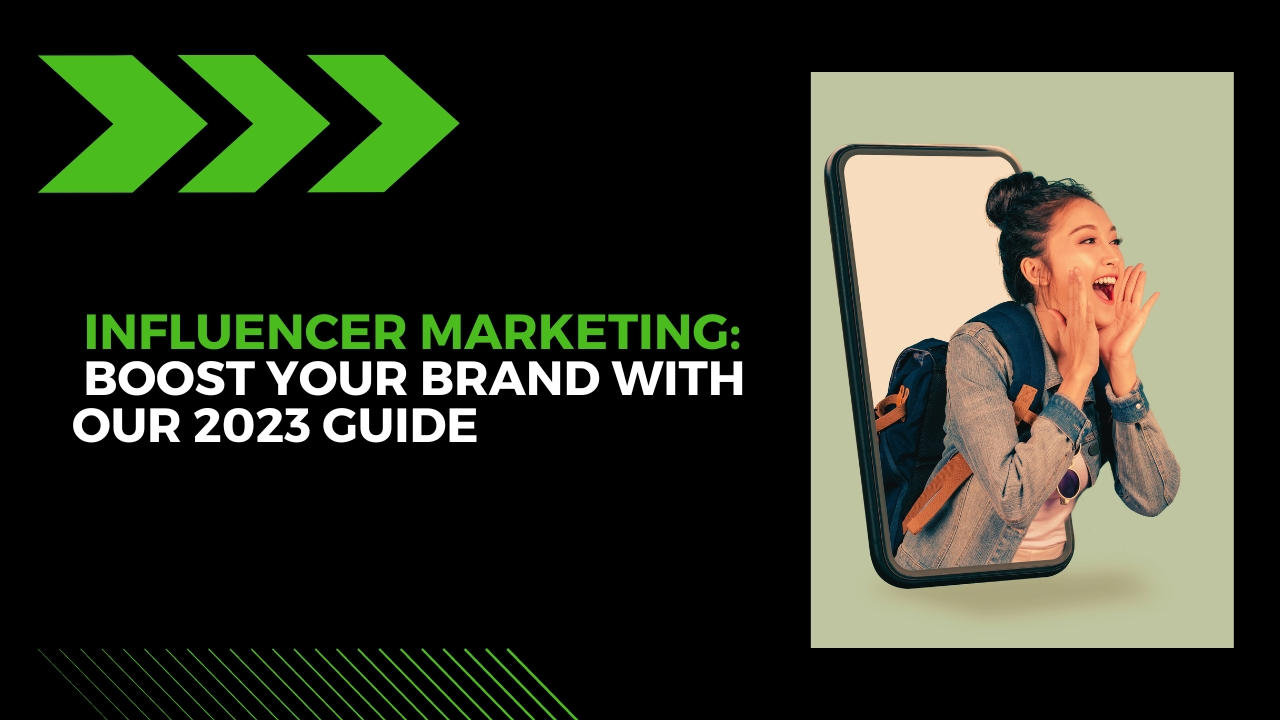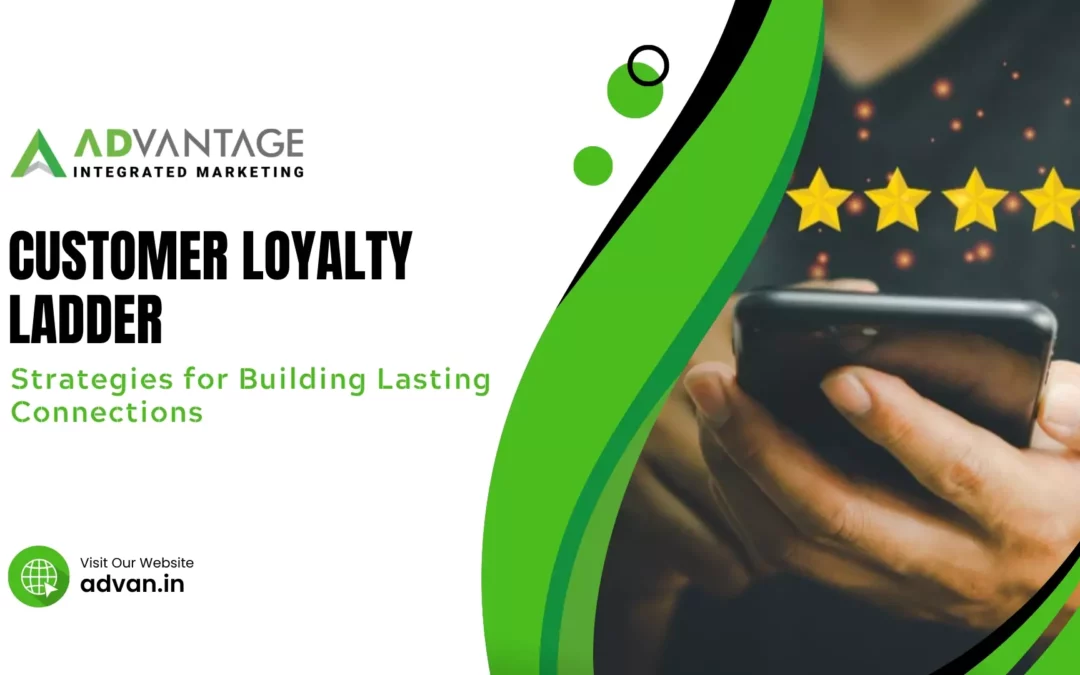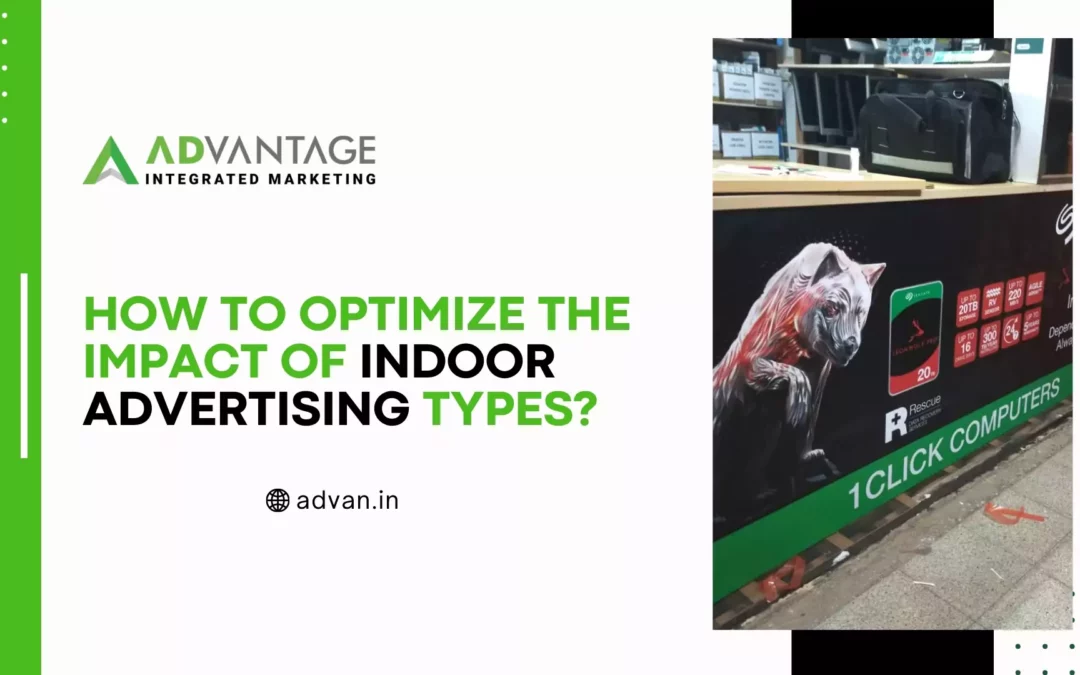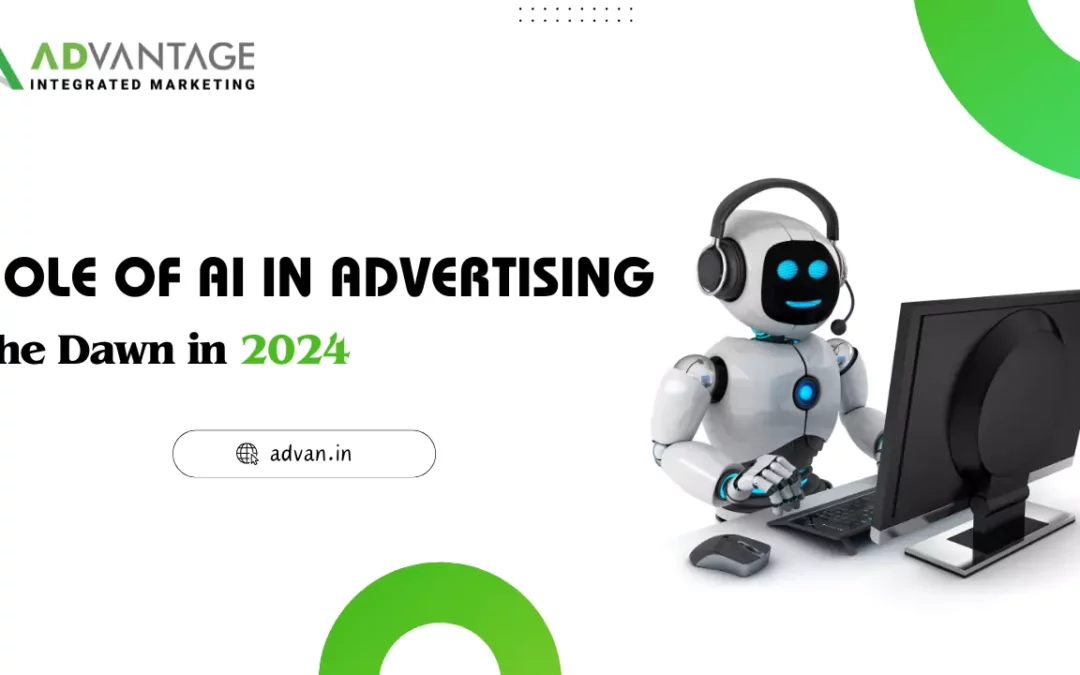The promise of influencer marketing to change the marketing landscape has been making ripples in the digital marketing world. This comprehensive guide provides a closer examination of influencer marketing, outlining its potential advantages, disadvantages, and numerous influencer types. Let’s understand influencer marketing before diving into deeper details.
What is Influencer Marketing?
In the modern era of digital marketing, brands have established collaborations with influential individuals who have an extensive internet presence. These prestigious individuals, also known as influencers, have developed a devoted fan base who value their advice and ideas.
Influencer marketing’s primary goal is to take advantage of the respect and authority that influencers enjoy among their audience. Partnerships like these help brands spread their message in a genuine, relatable way. Collaborations on websites like Instagram, Facebook, and YouTube, among others, might take the shape of sponsored content, product reviews, social media takeovers, or giveaways.
Benefits of Influencer Marketing
In today’s digital environment, influencer marketing is a potent instrument with several benefits that make it a top choice for many marketers. Here is a thorough breakdown of the main advantages:
Enhanced Brand Awareness
Influencer marketing serves as a trumpet for the existence of your brand. Your brand gets exposed to a wider audience when an influencer talks about it or features your goods or services. These followers, many of whom might not have known about your business before, might turn out to be prospective customers in the near future.
Trust and Credibility
Influencers build a special relationship with their audience that is based on trust and shared interests. Their audience is likely to view the brand as reliable when they recommend a good or service. This transfer of trust instantly enhances your brand’s reputation in the eyes of prospective customers.
Targeted Audience Reach
By selecting an influencer that fits with your business niche, you can be sure that the audience for your marketing campaigns is appropriate. As your message reaches customers who are more likely to be interested in your goods or services, this tailored tactics can result in more effective lead generation and sales conversion.
High ROI
Investing in influencer marketing has an excellent return on investment (ROI). According to a 2019 survey, businesses recover $5.20 for every $1 they spend on influencer marketing. One of the variables contributing to influencer marketing’s ongoing growth in popularity among companies is its huge ROI potential.
Disadvantages of Influencer Marketing
While influencer marketing offers several benefits, it’s also important to consider its potential downsides. Here are a few key points to consider:
Inauthenticity
Influencer promotional content runs the danger of coming across as untrue if it is too promotional or incompatible with their standard content. As consumers appreciate authenticity in influencer endorsements, this may alienate your audience and harm the reputation of your brand.
Temporary Engagement
While tactics based on influencer marketing frequently result in an increase in engagement, this increase may not last long. It requires consistent collaboration and persistence in your marketing efforts to ensure long-term participation, making it an ongoing investment.
Risk of Fraud
Influencer marketing is vulnerable to fraud, just like any other digital marketing tactic. Some influencers might overstate their engagement or follower metrics to give the impression that they are more influential than they actually are. This emphasizes the significance of careful screening before to entering a relationship.
Different Types of Influencers
The term ‘influencer’ encompasses a wide range of individuals, distinguished by their follower count, preferred platform, and area of expertise. Below, we explore the different types of influencers you might encounter:
Mega-Influencers
Mega-influencers are equivalent to celebrities because they have more than a million followers. Although their extensive audience guarantees widespread awareness for your business, these partnerships frequently have significant price tags. Mega-influencers may also have lower engagement rates as a result of the broad range of their fan base.
Macro-Influencers
Macro-influencers often have a following of 100,000–1,000,000 people. They might be recognized experts in their professions, thriving bloggers, or well-known online celebrities. Macro-influencer partnerships provide an effective blend between reach and engagement, which makes them a popular option for many brands.
Micro-Influencers
Micro-influencers have an extremely loyal following, with numbers of followers ranging between 1,000 and 100,000. They frequently focus on a certain niche, enabling tailored message. Owing to their greater connection to their followers, collaborations with micro-influencers can result in higher engagement rates and a better return on investments.
Nano-Influencers
Nano-influencers, who have no more than 1,000 followers, could appear to be less desirable at first. However, they frequently retain a lot of power inside their small communities. They’re an excellent choice for companies trying to precisely enter niche, regional markets.
How influencer marketing can propel small businesses?
Influencer marketing is a strategy that may be extremely effective for startups as well as for big organizations with significant finances. Small businesses may use influencer marketing to raise their brand’s profile, boost their reputation, and boost sales with the correct strategy.
When a small business works with an influencer, it has access to an audience that is previously established. By presenting the brand and its products to the influencer’s followers, this can greatly increase brand visibility. Small businesses can more appropriately contact prospective consumers when collaborating with a local influencer or an influencer in the same field.
Building credibility is one of the most difficult obstacles for a small firm to overcome. Winning the trust of prospective clients can be performed in large part through an endorsement from a reliable influencer. Influencers’ followers are more inclined to think favorably of a brand when they learn about their favorable interactions with its goods or services.
A small business’s bottom line may additionally benefit directly from influencer marketing. An influencer’s followers can easily and quickly switch to buyers when they offer a coupon code or an exclusive link associated with a purchase. Businesses profit $6.50 for every $1 spent on influencer marketing, according to a Tomoson analysis, showing that it has the potential to dramatically boost sales.
Small businesses can engage in influencer marketing on limited funds by working with micro- and nano-influencers. These influencers commonly charge less than their competitors who have larger followers, but their audiences are more responsive to their advice and more likely to follow it.
Small businesses have an excellent chance to level the playing field through influencer marketing. They may raise their profile, establish reputation, and boost sales by partnering with the right influencers, all while controlling marketing expenses.
Role of Expert Advertising Agencies
Influencer marketing is a multifaceted tactic that gives brands the chance to develop deep relationships with their target market. While it offers many advantages, there are also difficulties that marketers must be ready to face. Brands may choose the greatest fit for their campaign and guarantee alignment with their advertising goals by being aware of the various influencer types and their distinctive characteristics.
Influencer marketing has become a powerful weapon in the armory of contemporary marketers. It offers a genuine and relatable way to engage customers, enhancing brand recognition, establishing credibility, and boosting sales. Businesses of all sizes can benefit from this type of marketing, whether mega-influencers provide a wide reach or nano-influencers provide a focused impact.
However, understanding out the complexities of influencer marketing can be challenging. At this point, an advertising firm like AD Vantage plays a crucial role. We help brands navigate the complexity of influencer marketing by assisting in the selection of the suitable influencers, development of successful strategies, and implementation of campaigns.
AD Vantage contribute their in-depth knowledge of the influencer marketing environment and skill in developing gripping narratives. Businesses can concentrate on their core competencies since we take care of the laborious tasks such as evaluating influencers, contract negotiations, and tracking campaign performance.
For small businesses attempting influencer marketing, agencies like AD Vantage can be particularly beneficial. These businesses can gain from the our expertise and existing influencer network, increasing the return on their marketing expenditure.
In a nutshell influencer marketing is becoming more than just a trendy term; it is an essential part of effective marketing plans. Businesses may use the power of influencers to further their marketing objectives and create the foundation for long-term success with the assistance of an expert advertising agency. The importance and influence of influencer marketing are only going growing as the digital age continues to flourish, signaling a fundamental change in how brands interact with their audience.









0 Comments